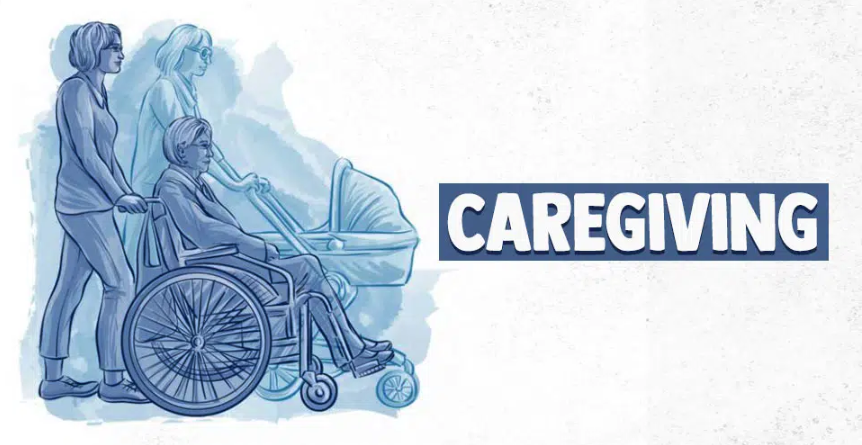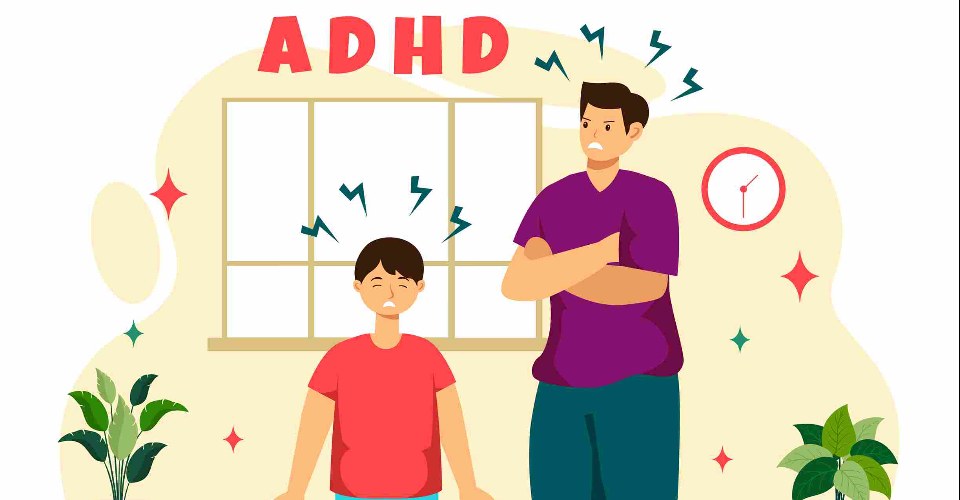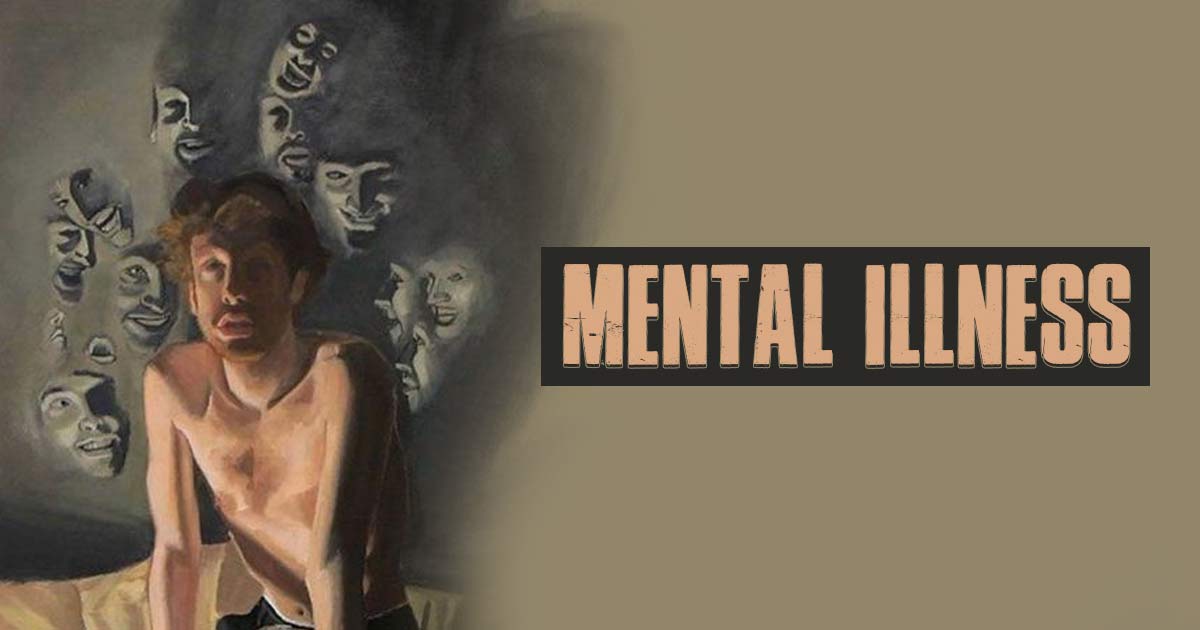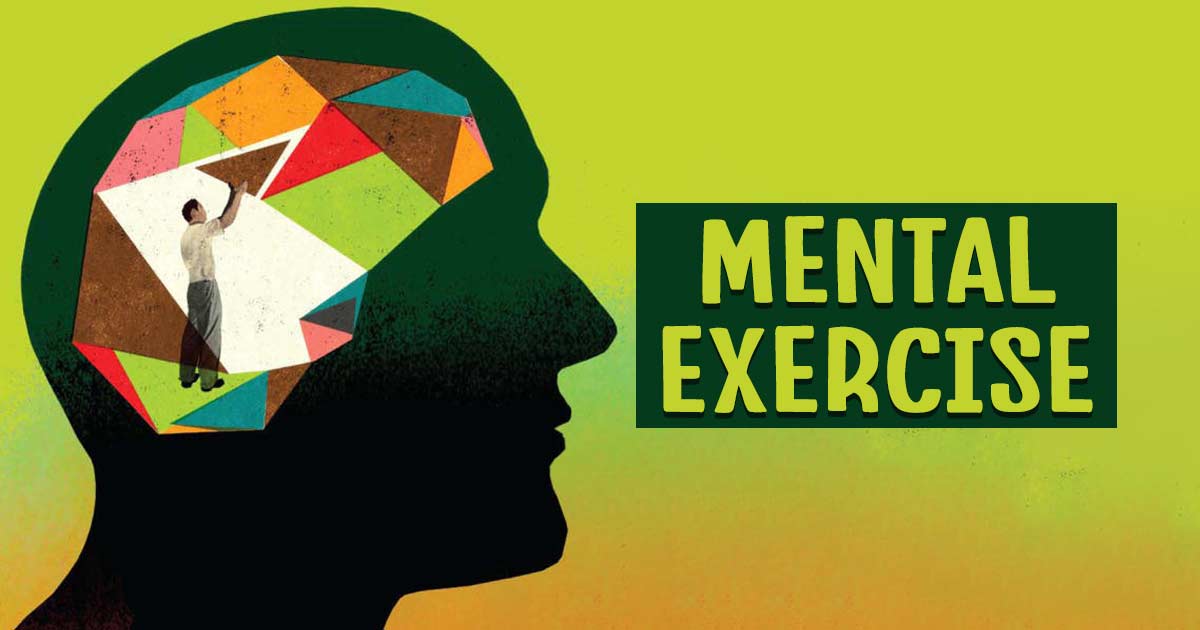Caregiving is the compassionate act of providing physical, emotional, and practical support to individuals who are unable to fully care for themselves due to age, illness, or disability. It involves assisting with daily activities, offering companionship, and promoting the well-being and independence of the person receiving care.
What is Caregiving?
Caregiving encompasses the broad range 1 Hunt, C. K. (2003). Concepts in Caregiver Research. Journal of Nursing Scholarship, 35(1), 27–32. https://doi.org/10.1111/j.1547-5069.2003.00027.x of activities and support provided to individuals who require assistance with their physical, emotional, and mental well-being. It goes beyond just tending to physical needs and extends to nurturing and promoting mental health.
Caregiving may involve 2 Olagundoye, O., & Alugo, M. (2018). Caregiving and the Family. Caregiving and Home Care. https://doi.org/10.5772/intechopen.72627 family members and friends caring for elderly parents, shopping, housekeeping, providing transportation, feeding, bathing, toilet assistance, dressing, walking, coordinating appointments and medical treatments, or managing a person’s finances.
Caregivers often act as advocates, ensuring access to appropriate mental health services and resources. They may also help in managing medications, accompanying individuals to therapy sessions, or engaging in therapeutic activities that promote emotional well-being.
The ultimate goal of 3 Leslie, M., Gray, R. P., Eales, J., Fast, J., Magnaye, A., & Khayatzadeh-Mahani, A. (2020). The care capacity goals of family carers and the role of technology in achieving them. BMC Geriatrics, 20(1). https://doi.org/10.1186/s12877-020-1455-x caregivers in mental health care is to foster recovery, promote independence, and enhance the individual’s overall mental health. They aim to create a nurturing environment that encourages self-expression, self-care, and personal growth.
Who Can Be a Caregiver?
Anyone who possesses 4 Nielsen, J., Henderson, C., Cox, M., Williams, S., & Green, P. (1996). Characteristics of caregivers and factors contributing to institutionalization. Geriatric Nursing, 17(3), 124–127. https://doi.org/10.1016/s0197-4572(96)80094-2 the necessary skills, empathy, and willingness to provide physical, emotional, and mental support can work as a caregiver. This includes family members, friends, trained professionals, volunteers, or individuals who are ready to play the role as a caregiver.
Challenges Faced By a Caregiver
Being a caregiver is a demanding role 5 Akbari, M., Alavi, M., Irajpour, A., & Maghsoudi, J. (2018). Challenges of Family Caregivers of Patients with Mental Disorders in Iran: A Narrative Review. Iranian journal of nursing and midwifery research, 23(5), 329–337. https://doi.org/10.4103/ijnmr.IJNMR_122_17 that comes with its own set of challenges, such as:
- Social isolation as caregivers devote a significant amount of time and energy to their responsibilities.
- The continuous physical, emotional, and mental demands of caregiving can result in caregiver’s burnout.
- Difficulties in accessing professional resources and guidance to navigate the complexities of caregiving.
- The lack of understanding, assistance, and appreciation can make the caregiving experience even more stressful.
- Caregivers may experience a loss of income due to reduced work hours or the need to quit their jobs to provide full-time care.
Caregiving for Mental Health Illness
Caregiving for someone with mental health illness 6 Chadda R. K. (2014). Caring for the family caregivers of persons with mental illness. Indian journal of psychiatry, 56(3), 221–227. https://doi.org/10.4103/0019-5545.140616 can be a challenging but important role, which include:
1. Caregiving for Adults with Mental Illness
Caring for adults with mental illness 7 Janardhana, N., Raghunandan, S., Naidu, D. M., Saraswathi, L., & Seshan, V. (2015). Care giving of people with severe mental illness: an Indian experience. Indian journal of psychological medicine, 37(2), 184–194. https://doi.org/10.4103/0253-7176.155619 requires:
- Providing emotional support and understanding, creating a safe and non-judgmental environment.
- Assist with activities of daily living (ADLs) such as personal hygiene, medication management, and meal planning.
- Encouraging and supporting engagement in therapy or treatment programs.
- Fostering social connections and encouraging participation in meaningful activities.
- Educating themselves about the specific mental illness to better understand the individual’s needs and challenges.
Read More About Therapy Here
2. Caregiving for Children with Mental Illness
Caregiving for children with mental illness is essential as 8 Yamaoka, Y., Tamiya, N., Moriyama, Y., Sandoval Garrido, F. A., Sumazaki, R., & Noguchi, H. (2015). Mental Health of Parents as Caregivers of Children with Disabilities: Based on Japanese Nationwide Survey. PloS one, 10(12), e0145200. https://doi.org/10.1371/journal.pone.0145200 it involves:
- Establishing a structured and nurturing environment that promotes emotional well-being and stability.
- Assisting with daily routines, including personal care, nutrition, and ensuring medication adherence.
- Collaborating with healthcare professionals and school personnel to ensure appropriate support and accommodations.
- Actively listening to the child’s concerns and experiences.
- Educating themselves about the child’s specific mental illness and its impact on development and behavior.
Types of Caregiving
There are various types 9 Sung, P., Goh, V. S., Azman, N. D., Visaria, A., & Malhotra, R. (2022). Types of Caregiving Experience and Their Association With Caregiver Depressive Symptoms and Quality of Life. Journal of aging and health, 34(4-5), 591–601. https://doi.org/10.1177/08982643211051568 of caregivers, such as:
- Family caregivers which include family members and friends caring for elderly parents, a spouse, siblings, or children with disabilities or chronic illnesses.
- Professional caregivers which include certified nursing assistants (CNAs) 10 Ecker, S., Pinto, S., Sterling, M., Wiggins, F., & Ma, C. (2021). Working experience of certified nursing assistants in the greater New York City area during the COVID-19 pandemic: Results from a survey Study. Geriatric nursing (New York, N.Y.), 42(6), 1556–1561. https://doi.org/10.1016/j.gerinurse.2021.10.007 , home health aides, personal care attendants, and professional nurses.
- Informal caregivers, such as friends, neighbors, or community members who step in to provide care and support for someone in need.
- Volunteer caregivers associated with community or organizations for assisting, giving companionship, transportation, or other non-medical tasks.
- Private duty caregivers who offer medical and nursing care, and support seniors and their families in maintaining the familiar setting of their own homes.
Caregivers and Mental Health
Here are some key aspects 11 Chang, H.-Y., Chiou, C.-J., & Chen, N.-S. (2010). Impact of mental health and caregiver burden on family caregivers’ physical health. Archives of Gerontology and Geriatrics, 50(3), 267–271. https://doi.org/10.1016/j.archger.2009.04.006 regarding caregivers and mental health:
- Caregivers may experience symptoms of depression, such as persistent sadness, loss of interest in activities, sleep disturbances, etc.
- Caregivers often face heightened levels of anxiety, constantly worrying about the well-being of their loved ones.
- Caregivers can exhibit frustration and stress as they navigate challenging behaviors, emotional outbursts of those under their caregiving.
- The continuous strain of caregiving can sometimes lead to increased levels of hostility or irritability
- Caregivers may be at a higher risk of turning to substances as a means to cope with the stress and emotional challenges they face.
Read More About Depression Here
Caregiver’s Burnout
Caregiver’s burnout often arises 12 Hategan, A., Bourgeois, J. A., Cheng, T., & Young, J. (2018). Caregiver Burnout. Geriatric Psychiatry Study Guide, 433–442. https://doi.org/10.1007/978-3-319-77128-1_19 from the constant responsibility of providing caregiving for mental health of another person, neglecting their own needs, and lacking sufficient support. The symptoms may include irritability, sleep disturbances, difficulty concentrating, and a decline in overall well-being.
It is essential for caregivers to prioritize self-care, seek support from others, establish boundaries, and consider respite care to recharge and maintain their own mental health and well-being.
How to Provide Mental Health Support for Caregivers
Here are some strategies 13 Charles, L., Brémault-Phillips, S., Parmar, J., Johnson, M., & Sacrey, L.-A. (2017). Understanding How to Support Family Caregivers of Seniors with Complex Needs. Canadian Geriatrics Journal, 20(2), 75–84. https://doi.org/10.5770/cgj.20.252 to offer effective support to caregivers:
- Encourage self-care activities, such as exercise, relaxation techniques, hobbies, and time for themselves.
- Encourage them to share their experiences, challenges, and emotions without any fear of criticism.
- Help them access resources like support groups, counseling, and helplines tailored to caregivers.
- Provide training programs or workshops to enhance caregivers’ knowledge and skills.
- Try to encourage them to seeking help or on-site mental health services from a mental health professional.
Takeaway
Caregiving is a demanding role that requires both physical and emotional dedication. It is crucial for caregivers to prioritize their own well-being, seek support, and practice self-care to maintain their own mental health and effectively provide care to their loved ones. Remember, taking care of yourself is an essential part of being a caregiver.
At A Glance
- Caregiving encompasses the broad range of activities and support provided to individuals who require assistance.
- Anyone who possesses the necessary skills, empathy, and willingness to provide physical, emotional, and mental support can work as a caregiver.
- Being a caregiver comes with its own set of challenges, such as continuous demand, social isolation, lack of professional resources, etc.
- The roles of caregivers for both adults and children with mental illness require assisting them with activities of daily living.
- There are various types of caregiving, such as family caregiver, professional caregiver, etc.
- Caregivers may experience symptoms of depression, anxiety, and frustration and stress.
- Caregiver’s burnout often arises from the constant responsibility of caring for another person, neglecting their own needs, and lacking sufficient support.
- It is essential to provide mental health support for caregivers by encouraging them to prioritize self-care, seek support from others.
Frequently Asked Questions (FAQs)
1. Why is caregiving important?
Caregiving is important because it provides essential support, care, and assistance to individuals who may be unable to fully care for themselves due to age, illness, or disability.
2. What are the physical and mental health effects of family caregiving?
Both physical and mental health effects of family caregiving, include increased stress, higher risk of depression and anxiety, compromised immune function, fatigue, and higher rates of chronic health conditions.
3. How do I handle difficult behaviors or situations that arise while caregiving?
When faced with difficult behaviors or situations while caregiving, it is helpful to remain calm, practice empathy, establish clear boundaries, and seek guidance from healthcare professionals or support groups for specific strategies and interventions.




























